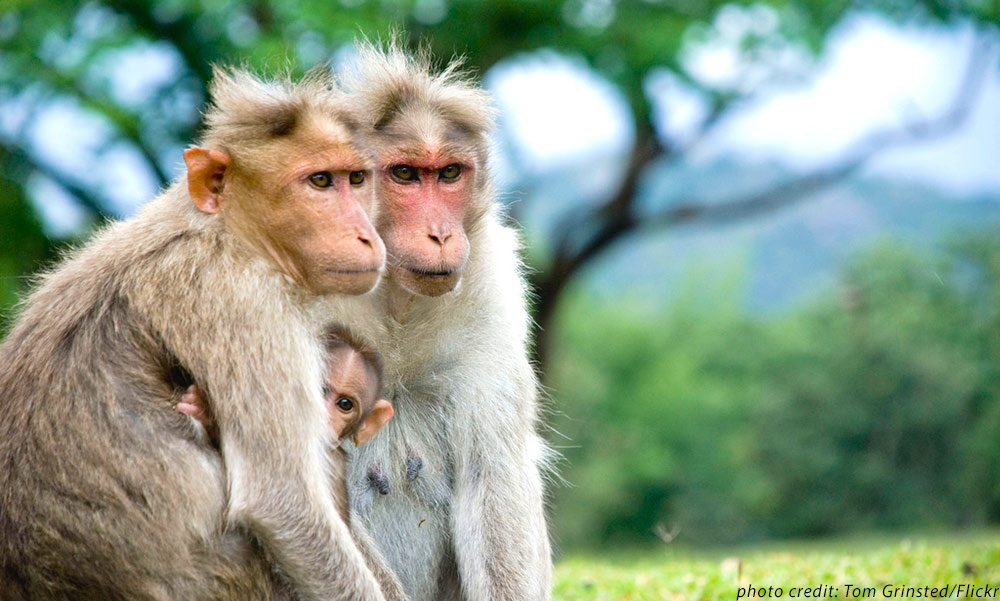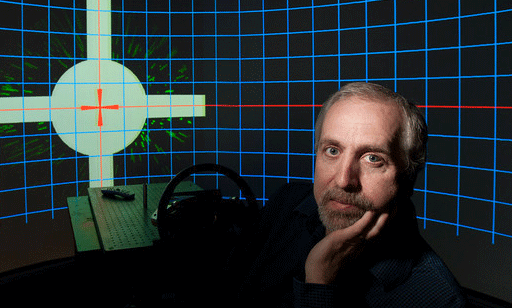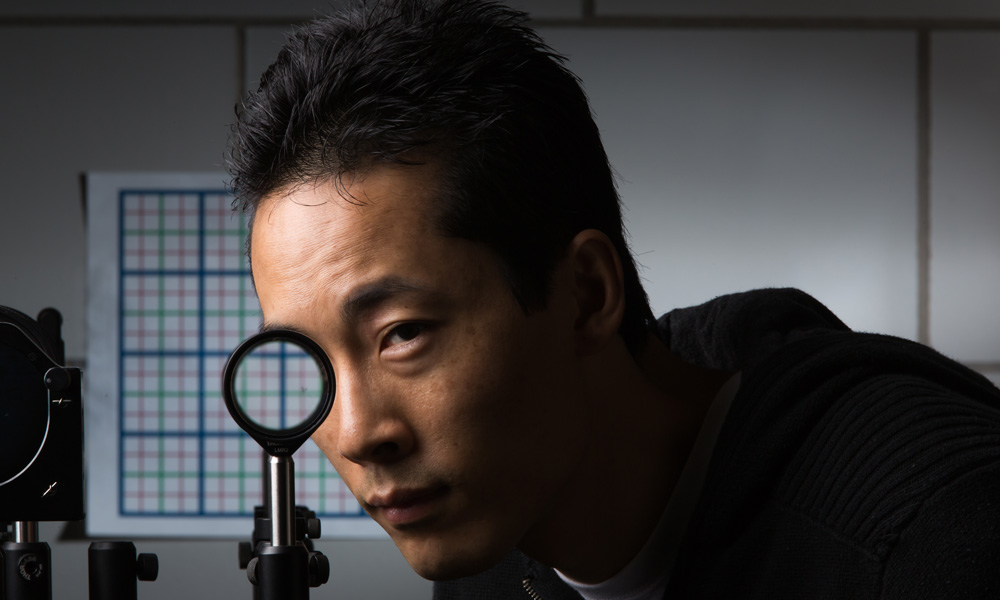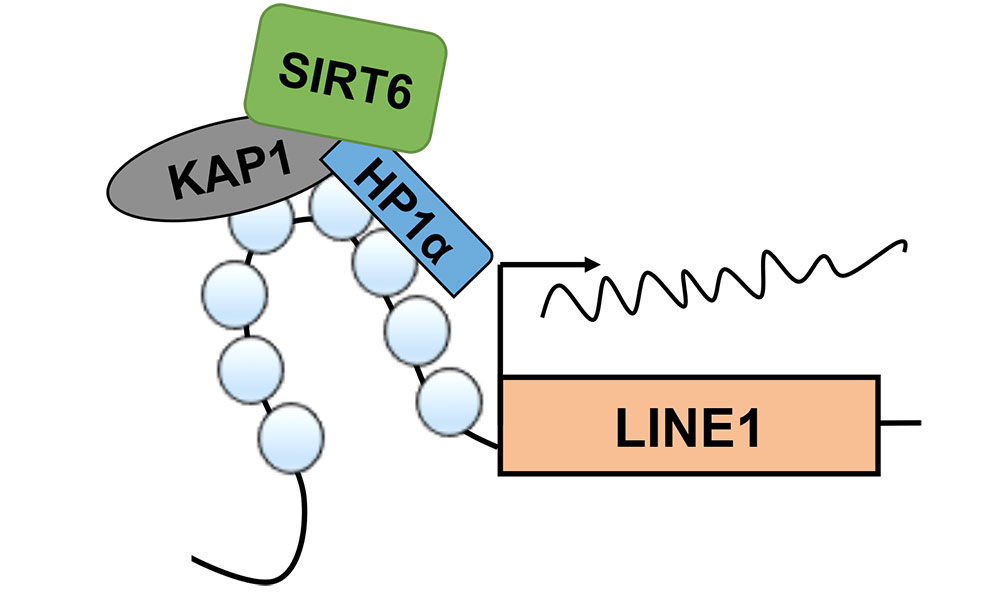
Science & Technology
Sustainability, astrobiology combine to illuminate future of Earth’s technological civilization
November 6, 2014
How long can a technological civilization last? Will human-caused climate change or species extinctions threaten its collapse or can industrial development continue without restrictions? In a new paper, two astrophysicists argue that these questions may soon be resolvable scientifically.









